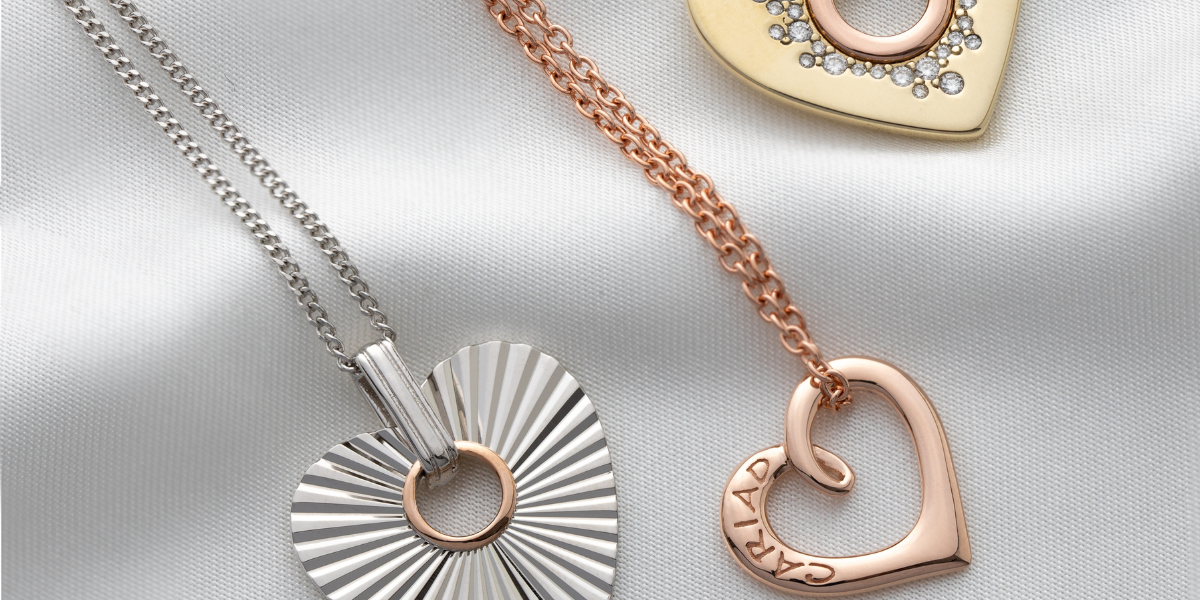For several years on line procuring has presented us the chance to order apparel, check out them on at home and return the kinds we don’t like. In simple fact, we have grown pretty used to that – numerous shoppers even buy the identical outfit in distinctive measurements so they can check out the ideal suit in the consolation of their individual homes.
And as we store on the web a lot more, we return more.
The tech agency ReBOUND is effective with major makes these kinds of as John Lewis and JD, and its info reveals that volumes of United kingdom vogue returns are at this time 55% higher than they were being at this place in 2021.
But the free of charge postage quite a few of us anticipate when we return our stuff could all be set to improve, with big makes warning that it is no more time sustainable.
Study a lot more: How to help save dollars – 22 price tag-reducing recommendations
Boohoo and ASOS both lately warned of a bounce in the amount of goods staying returned by buyers. There are stories that Boohoo might start off charging for accepting returns.
Of class, any person who retailers on line with Zara will have discovered that it now prices clients £1.95 to return garments, a rate that is deducted from their refund (though consumers can however return for free in store).
And in which the big vendors go, other folks generally observe. Sam Carew from Elliot Footwear claims: “If massive enterprise like Boohoo and ASOS are sensation the pinch then there is very likely to be a shift in how returns are processed.
“It also could lead to much more viewed as purchases if prospects have to issue in the prices of returns.”
Who’s returning what?
Alexandra Dobra-Kiel, head of behavioural investigation and insight at Behave, states people today return items for unique explanations.
“First, you have the ‘Planned or Unethical Returner’,” she claims, “customers who deliberately approach unethical returns, then you have the ‘Eager Returner’, consumers who see returning as a good determination, and the ‘Reluctant Returner’, shoppers who sense embarrassed or responsible about earning returns.
“The Eager Returner and the Unwilling Returner are the most probable to be swayed into reducing the number of returns they make.”
Unpaid work
The issue is: on line returns are a massive headache for providers. They have to regulate them, evaluate them, transportation them, typically pay back for the return postage and make no dollars from them at all. They also insert to a businesses’ environmental effect, which most are now on a mission to slice.
But most of all, working with them is an pricey and logistical obstacle.
Browse much more: Most effective on-line next-hand outlets for style, tech and home furnishings
Marianne Morrison, founder of the inclusive style brand Bubu, says: “On normal, all on the net shops see 35-40% of their outfits gross sales returned.
“When you merge this with the mounting cost of postage – generally [customers get] no cost postage about a sure basket benefit – and returns postage if presented by a retailer, mixed with the value to approach or dispose of an item on return, it is a real financial challenge all manner merchants experience.”
Consumers are in a value-of-residing crisis but firms are also feeling the pinch. Their electricity expenditures, wage expenditures and product expenses are all also going up and they will need to reduce their costs way too.
Julian Skelly, head of retail for Europe, the Center East and Africa at digital transformation consulting company Publicis Sapient, states that returns can be so high-priced that it stops merchants from turning a revenue.
“Online shopping fast becomes non-profitable if suppliers allow uncontrolled returns. A pattern of buyer conduct has created exactly where clients buy more than they have to have (many measurements, variants, and so forth), expecting to choose 1 and return the relaxation.
“The flexibility to do this eliminates a vital barrier to obtain but it implies that retailers systematically pay out the price tag of each shipping and delivery and assortment, earning the sale unprofitable.”
Returns also mean a sizeable amount of high quality regulate and checks are essential. Bubu’s Marianne Morrison provides: “We have been stunned at the way some objects have been returned to us.
“On just one occasion we had a costume returned dirty and quite certainly worn, and when we refused a refund, the consumer took to threatening us with leaving a terrible evaluation. This is an serious instance but a real a single dependent on the worries on line organizations deal with.”
Transforming our behavior
Shops do not want us to cease buying or change to a competitor so many feel they have to offer you an simple returns coverage. But as that gets significantly less reasonably priced, quite a few are looking for strategies to reduce that squandered time and effort.
Marianna Morrison states: “The expense-of-dwelling crisis is leading men and women to get significantly less than prior to, staying much more selective in what they have to have or want, buying two or 3 items for an function instead than five or six formerly.
“We know when a shopper orders a big range of dresses and measurements we can assume a return of at minimum 50% of their purchase.”
Read through additional: What to do if you won’t be able to pay out your expenditures
Bubu is combating that by making certain their website displays correct shots of each and every product, serving to consumers realize the finest healthy for them and only giving absolutely free returns if a buyer is exchanging their product for a further alternatively than if they just really do not want it.
Julian Skelly thinks that some retailers may basically start charging for returns but others may possibly pick out to commence treating their buyers in another way relying on how they shop. Regular returners could be requested to spend a price to return, though more thorough purchasers could be rewarded with absolutely free returns.
Alexandra Dobra-Kiel thinks stores need to perform more difficult on their messaging. If items are evidently labelled and described, there will be fewer ‘eager returners’, for illustration.
She adds: “And to concentrate on Unwilling Returners, retailers must tap into shoppers’ moral satisfaction – communicating to this group about the environmental penalties of returns. In excess of time this group will recognise and reward the sustainable values of these on-line merchants and could also sway other people to decrease the number of returns they make, as customers’ sustainable behaviours are impacted by the expectations of wider modern society.”
Whichever transpires, just one point looks certain. The era of pile ‘em large, check out ‘em at household and mail ‘em again may possibly be just the most up-to-date victim of the financial squeeze.








